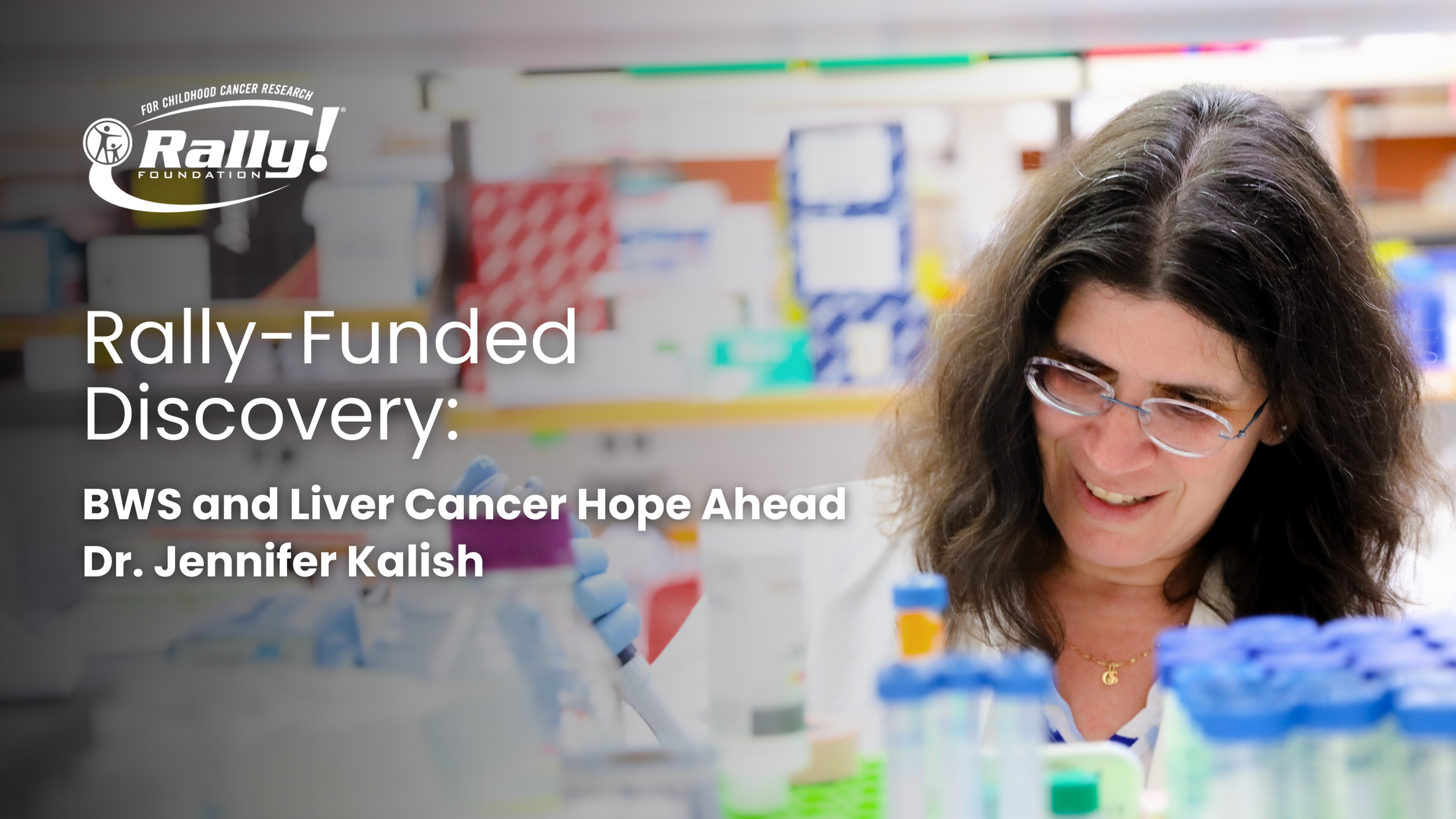BWS and Liver Cancer Hope Ahead

Jennifer Kalish, M.D., Ph.D., and her team at Children’s Hospital of Philadelphia are studying a rare condition called Beckwith-Wiedemann syndrome (BWS).
Kids with BWS are at a higher risk of developing liver cancer.
With a three-year Rally Career Development Award, Dr. Kalish is uncovering how BWS liver cells become cancerous and how to stop them.
What Dr. Kalish’s Team Has Discovered
- Super-Active Liver Cells: The team found that liver cells in kids with BWS use much more energy than normal cells. This could be an early warning sign that they might turn cancerous.
- A Powerful Research Model: With Rally’s funding, the team built a lab model of BWS liver cells that act just like real ones, helping scientists see how these cells change.
- Tracking Cancer’s Path: By comparing healthy BWS liver cells with BWS liver cancer cells, they can see the exact steps that cause cells to become cancerous.
- Sharing Discoveries: Their first big findings were published in the journal Communications Biology, and another paper is on the way.
A Team Built with Rally’s Support
- Rally’s funding has helped grow Dr. Kalish’s team to include a postdoctoral fellow, an expert scientist focused on BWS liver cancer.
- A M.D./Ph.D. student is also dedicating her Ph.D. research to this project.
Why It Matters
Understanding how BWS liver cells become cancerous could lead to better treatments and hope for kids facing this rare cancer. Rally’s seed funding is fueling the science that could save lives.
This is why early-stage research funding matters.
This is the power of philanthropic seed investing.
This is Rally.
